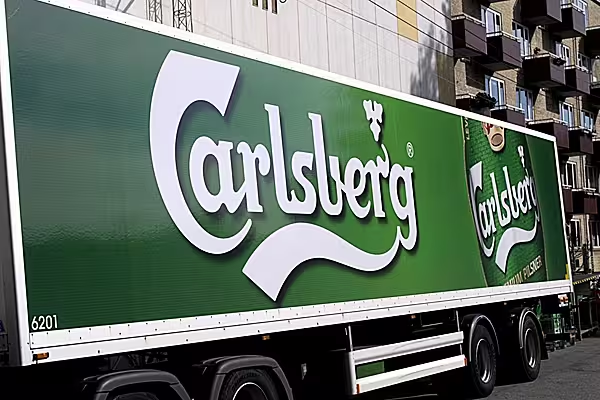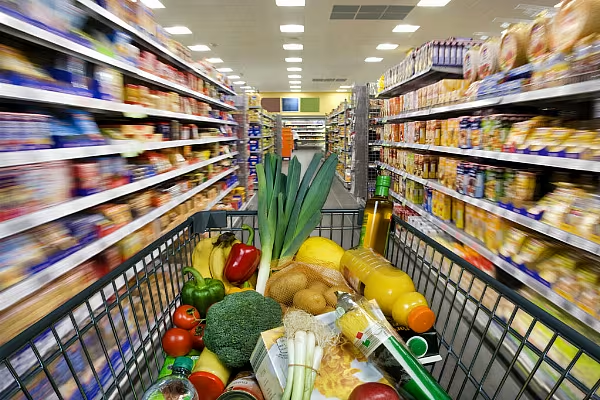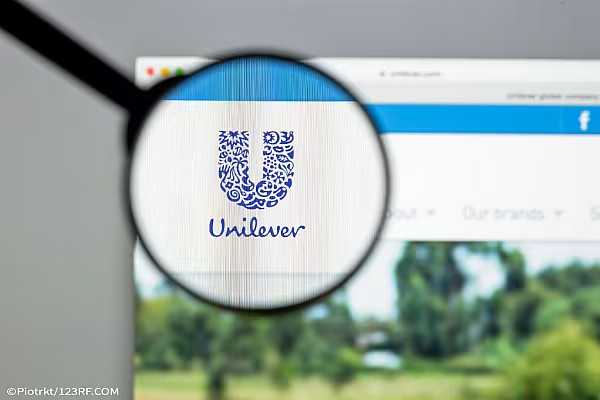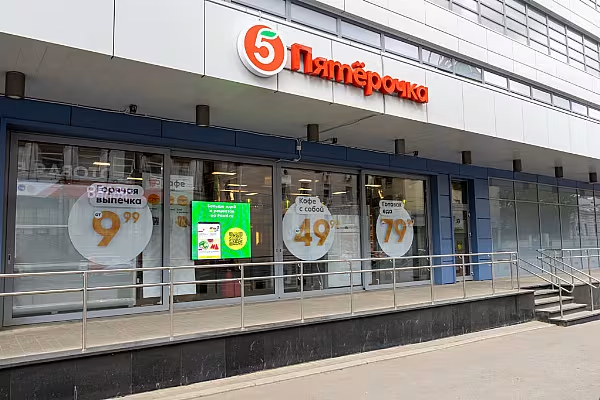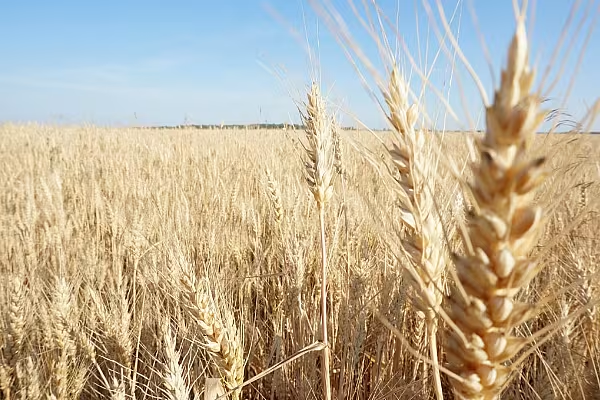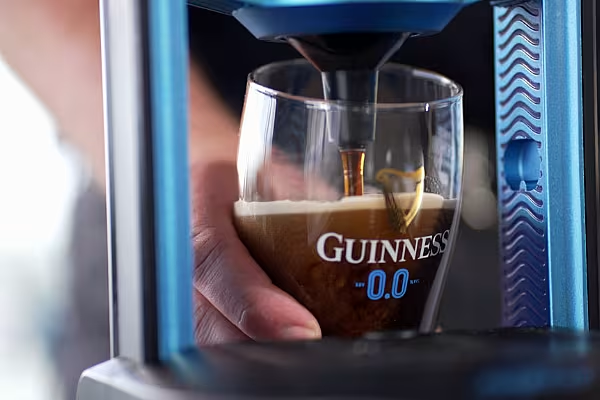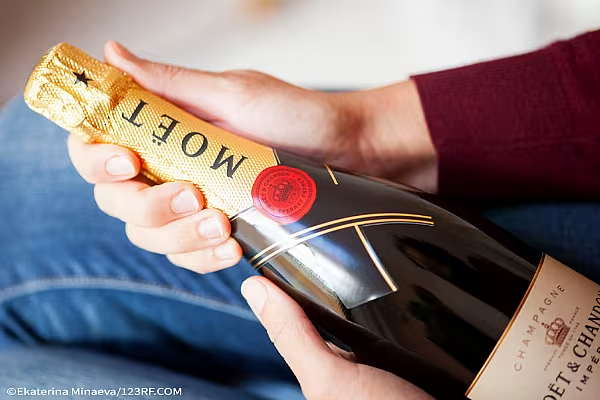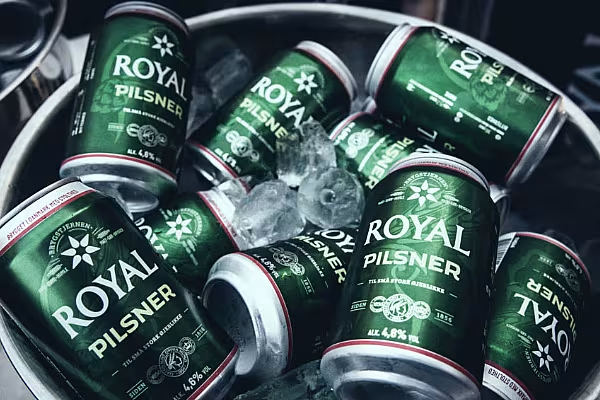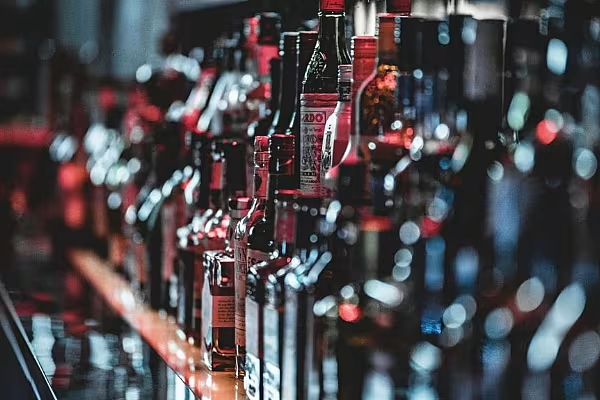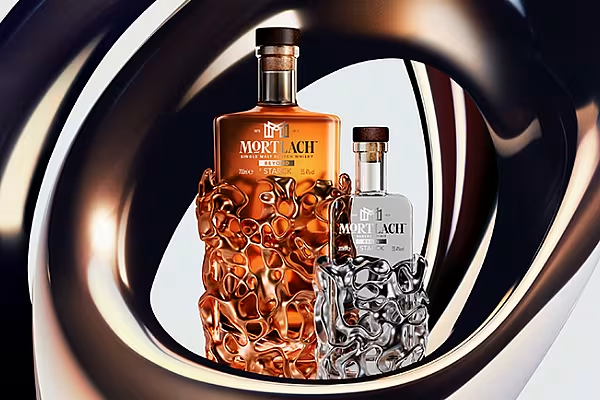Carlsberg A/S warned the Russian beer market will shrink at least 5% this year, stunting the Tuborg maker’s growth prospects this year as a ban on large bottles takes hold.
The market, which was the source of a sixth of last year’s operating profit, is declining after Russia prohibited selling beer in 1.5 litre plastic bottles at the start of the year, CEO Cees ’t Hart said on a call with reporters Wednesday. The stock fell as much as 3.8% in Copenhagen, the steepest intraday decline in almost six months even as Carlsberg forecast higher earnings.
“We’re depending on consumer confidence, and we don’t see those figures changing at this point in time,” the CEO told analysts. “We are cautious -- not pessimistic, not optimistic -- but I think just realistic.”
Carlsberg’s Russian business, built upon the biggest acquisition in the Danish brewer’s history, generated almost half of operating profits seven years ago. But a series of shocks to the market -- including plunging oil prices, Western sanctions, recession and higher beer taxes -- has diminished the weight of that market in the brewer’s earnings. The Danish company sells about a third of the beer consumed in Russia under brands such as Baltika.
Carlsberg plans to increase prices roughly in line with inflation in the country this year and smaller bottles have slightly higher margins, ’t Hart said. The company said the brewing industry is in talks with the Russian government in hopes of easing its stance.
“Discussions are good at at a very high level,” the CEO said. “At this moment in time, we’re slightly more optimistic, but again, that can change almost every minute in Russia.”
To be sure, some analysts expect improving prospects for the Russian economy may help Carlsberg. Frans Hoyer, an analyst at Jyske Bank, has said the rebound in the ruble and the possibility of US President Donald Trump easing sanctions on the country may play in the brewer’s favor.
Operating profit will rise by a mid-single-digit percentage on an organic basis after rising 5% last year, the Copenhagen-based brewer also said Wednesday. The company also forecast currency shifts will boost earnings by 350 million kroner ($50 million) in 2017.
“From a conservative management team, guidance of a mid-single digit increase in organic profit is as good as one could hope for at this stage,” Eamonn Ferry, an analyst at Exane BNP Paribas, said in a note to investors. 2017 is the “delivery year.”
Operating profit of 8.25 billion kroner in 2016 missed analysts’ estimates of 8.29 billion kroner.
News by Bloomberg, edited by ESM. Click subscribe to sign up to ESM: The European Supermarket Magazine.
